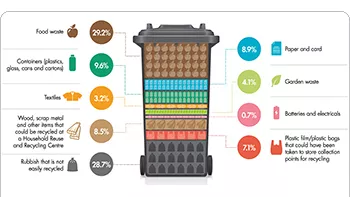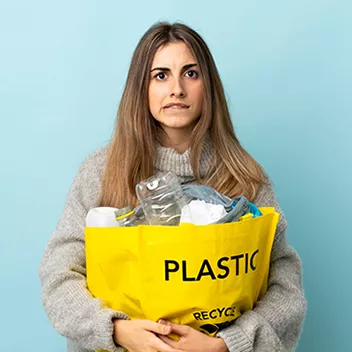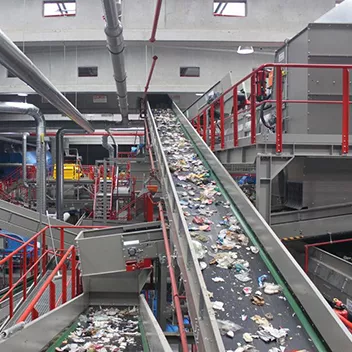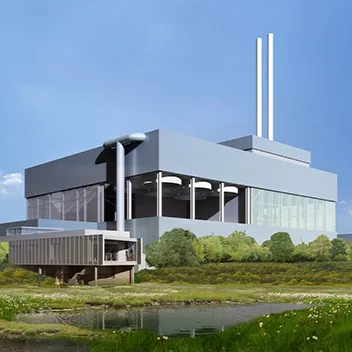
What's in your bin?
The majority of what’s in the average rubbish bin could have been recycled.
Recycling is great, but it can lull us into a false sense of achievement: ‘I recycle, so I do my bit’. What we should all really be focusing on is producing less waste in the first place.
Reducing waste lowers the demand for new goods to be made, and avoid the carbon impact associated with manufacturing products in the first place. It also reduces the amount of items going through the recycling collection, sorting and treatment process, which in itself has a carbon impact attached to it. This conserves natural resources, avoids emissions (providing cleaner air and protecting natural environments for us to enjoy) and reduces the financial cost to you and your local community.
Wasting less is easier than you think – there are lots of simple changes you can make. The great thing is that many of them will also save you money. Individually, the actions below may not seem like much, but remember; there are one million people living in the SLWP region, so by acting together we can make a real difference:
There are one million people living in the SLWP region, so by acting together we can make a real difference.

Community Reuse Shop at Kimpton Park Way HRRC, Sutton
Despite your very best efforts, some waste is almost inevitable – there are very few homes that have managed to become entirely ‘zero waste’ (although there are some that have proven it can be done). Whatever waste your household does produce, it’s important you recycle as much of it as possible:

The majority of what’s in the average rubbish bin could have been recycled.
Most preferred environmental option
We all need to take responsibility for the amount of rubbish we throw away. Minimising the amount of waste we produce is by far the most effective way of ending our reliance on landfill.
We all need to take responsibility for the amount of rubbish we throw away. Minimising the amount of waste we produce is by far the most effective way of ending our reliance on landfill.
We all need to take responsibility for the amount of rubbish we throw away. Minimising the amount of waste we produce is by far the most effective way of ending our reliance on landfill.
We all need to take responsibility for the amount of rubbish we throw away. Minimising the amount of waste we produce is by far the most effective way of ending our reliance on landfill.
We all need to take responsibility for the amount of rubbish we throw away. Minimising the amount of waste we produce is by far the most effective way of ending our reliance on landfill.
Least preferred environmental option


